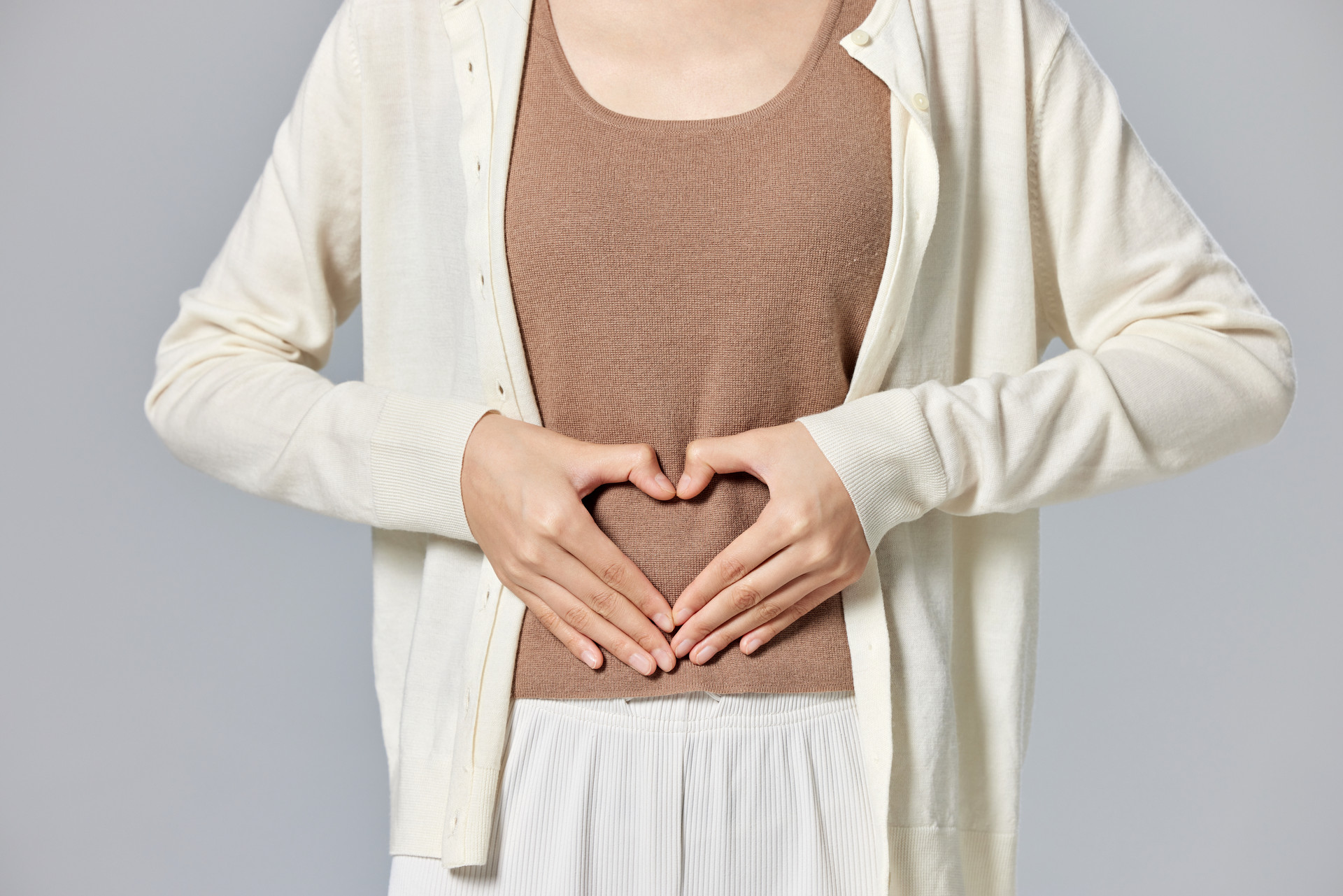I. It is advisable to have a light diet and consume more fresh fruits and vegetables rich in vitamin C, such as spinach, rapeseed, sweet potato leaves, tomatoes, carrots, apples, pears, bananas, oranges, hawthorn, and fresh dates. These foods not only contain abundant iron and copper, but also contain folic acid, vitamin C, and beta-carotene, which have good effects on treating anemia and assisting in hemostasis.
II. Avoid overeating to avoid damaging the spleen and stomach; avoid cold and stimulating foods and condiments, such as chili, pepper, green onion, garlic, ginger, and alcohol. Because highly stimulating foods can increase menstrual flow.
III. Foods that should be avoided during menstruation include cold foods such as snow pears, bananas, water chestnuts, white fungus, certain types of mushrooms, and dietary supplements made from them; spicy and stimulating foods such as cinnamon, Sichuan pepper, clove, pepper, and chili.
IV. Excessive menstrual flow and prolonged menstrual periods can cause anemia, so it is important to supplement protein and iron-rich foods, such as animal protein from sources like milk, eggs, lean meat, pork liver, kidneys, heart, stomach, seaweed, kelp, soybeans, spinach, celery, rapeseed, tomatoes, apricots, dates, and oranges. These foods not only contain essential amino acids needed by the body, but also rich in vitamins A, B1, B2, B12, and other important nutrients for treating anemia. Adolescent girls should learn to self-regulate, avoid staying up late for internet or entertainment, prevent hormonal imbalances caused by irregular lifestyles and excessive fatigue, and prevent the occurrence and development of anemia during adolescence.






